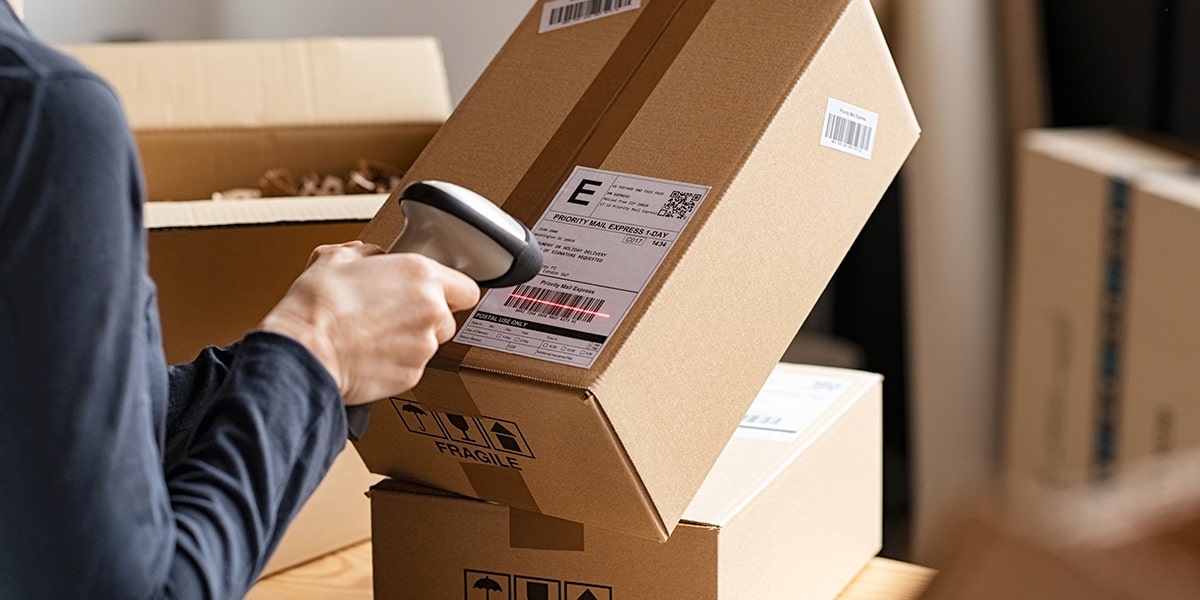Seal Integrity Testing of Packaging Materials
The integrity of seals in packaging materials is crucial for ensuring product protection and maintaining consumer safety. Seal integrity testing evaluates whether a seal has been compromised, which can lead to contamination or leakage of the packaged contents. This is particularly important in sectors like food & beverage, pharmaceuticals, and cosmetics where microbial ingress could compromise product quality and pose health risks.
Seal integrity tests are designed to replicate real-world conditions under which packaging may be subjected to mechanical stress, environmental influences, or handling processes. These tests ensure that the seal remains robust throughout the supply chain from manufacturer to consumer. The primary objective is to prevent any defects in the seal that could compromise the integrity of the package.
Various methods are used for seal integrity testing depending on the type of packaging material and its intended use. Common materials include plastic films, multi-layered structures, cartons, and metal containers. Testing procedures vary but typically involve applying a controlled pressure or vacuum to the sealed area to check for any leaks or breaches.
For instance, in food packaging applications, the test assesses whether moisture can penetrate through weak points in the seal. In pharmaceuticals, it ensures that medications remain sterile and free from contaminants. The testing process is highly standardized, often following international standards such as ISO 15026 for flexible packaging.
Sample preparation is critical in this type of testing. Samples must be representative of the production batch and include all layers present in the final product. This ensures that any defects identified are indicative of potential issues in mass production. Instruments used range from simple pressure testers to sophisticated automated systems capable of detecting minute leaks with high precision.
Results from seal integrity tests provide critical insights into the reliability of packaging designs. They help manufacturers identify weak points early in the development process, allowing for design modifications before product launch. Additionally, they offer peace of mind to consumers who trust that their purchased goods are protected against contamination and spoilage.
| Material | Type of Seal Integrity Test | Expected Outcome |
|---|---|---|
| Plastic Films | Vacuum Decay Testing | Detection of leaks under vacuum conditions |
| Multilayer Structures | Pressure Decay Method | Measurement of pressure loss over time |
| Cartons | Water Spray Test | Evaluation of water resistance in seals |
| Metal Containers | Spray Penetrant Inspection | Detection of surface cracks or defects |
The importance of seal integrity testing cannot be overstated. It plays a pivotal role in safeguarding consumer health, enhancing product quality, and building brand reputation. By adhering to stringent testing protocols, manufacturers can ensure that their packaging meets the highest safety standards.
Why Choose This Test
- Ensures Compliance with Regulatory Standards: Many countries have strict regulations regarding food contact materials and packaging integrity. Seal integrity tests help companies comply with these requirements, thereby avoiding potential legal issues and fines.
- Promotes Consumer Trust: A robust seal indicates that the product is protected from contamination and maintains its quality throughout distribution.
- Reduces Waste and Cost: Identifying defects early in production minimizes waste and reduces costs associated with reworking or scrapping defective products.
- Enhances Product Safety: By preventing leaks, seals protect against microbial ingress which can lead to spoilage or contamination of the product content.
Customer Impact and Satisfaction
- Increased Confidence in Packaging: Consumers are more likely to trust products that come from a company known for producing reliable packaging.
- Better Protection of Contents: Properly sealed packages keep the contents safe, maintaining freshness and preventing contamination.
- Improved Brand Reputation: Companies that invest in thorough testing demonstrate their commitment to quality and safety, which can significantly boost brand reputation.
Use Cases and Application Examples
The Seal Integrity Testing Service is applicable across multiple industries including food & beverage, pharmaceuticals, cosmetics, and electronics. Here are some specific use cases:
- Food Packaging: Ensures that sealed containers of perishable goods like milk or juice remain free from microorganisms.
- Medical Devices: Guarantees sterility in single-use medical supplies such as syringes and IV bags.
- Cosmetics: Protects products containing water-based ingredients from leaking or spilling during transit.
- Electronics: Prevents moisture ingress into delicate components, extending the lifespan of electronic devices.
In each case, seal integrity testing ensures that packaging meets both functional and regulatory requirements. The service provides peace of mind for manufacturers by confirming that their products are safe and reliable throughout distribution.





